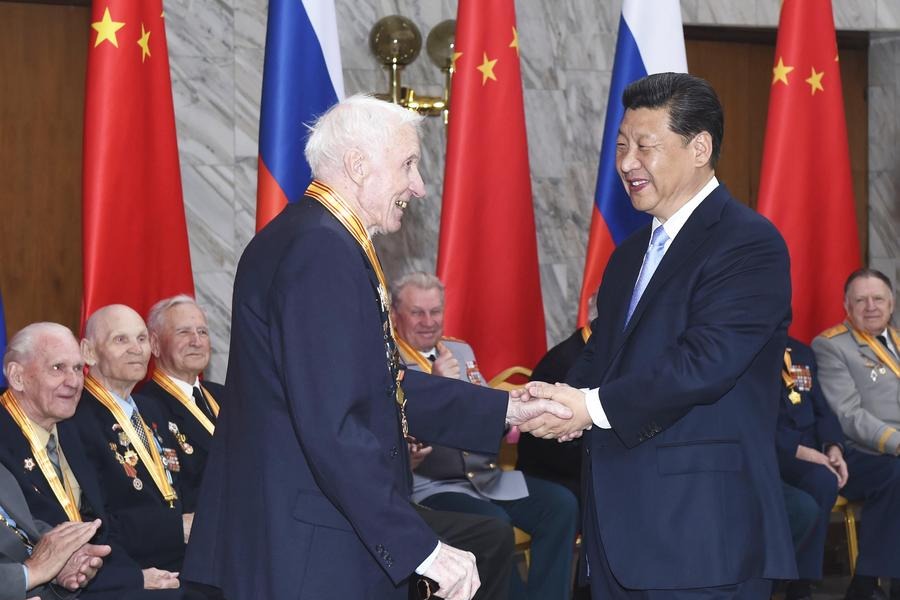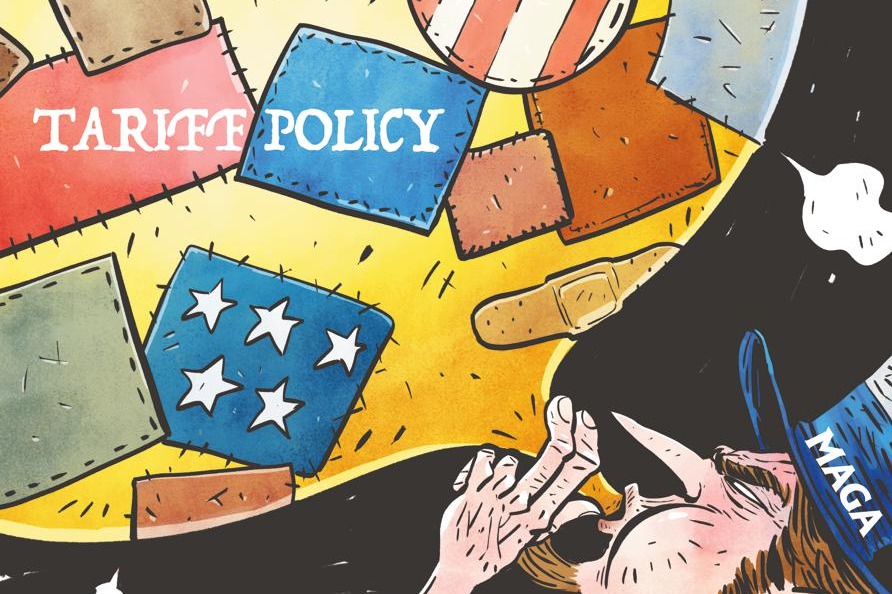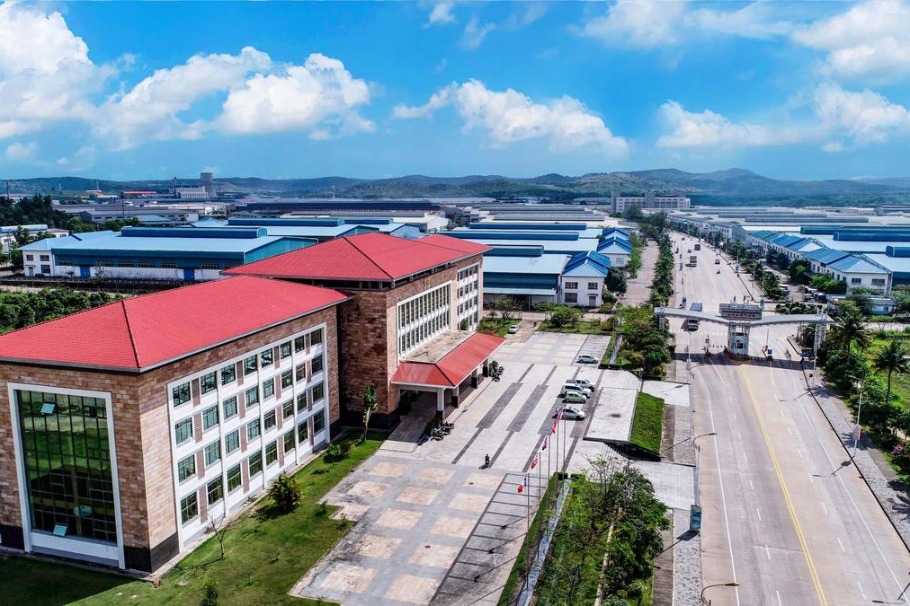Safeguarding collective asset
It is paramount that an organization is created within the framework of the United Nations to regulate the internet


It is paramount that an organization is created within the framework of the United Nations to regulate the internet
In the past two decades, the internet has become a new "general-purpose technology," mainly after its availability worldwide through a complex network of submarine cables that integrate all continents. Later, aerial networks were developed, using antennas and satellites, which enabled the integration of smartphones and the creation of a new digital economy that is revolutionizing society. The development of artificial intelligence, the latest "general-purpose technology," has been exponentially accelerated by the mountain of data created by the flow of information daily through the internet.
It is not the case here to discuss the importance of this technology, as there is a consensus on its centrality in the new digital economy that is taking shape. The internet has become an international public good. Despite this, there is no multilateral consensus on the regulation of the sector through a global authority linked to the institutional framework of the United Nations. This is because the United States government, which financed its creation in the 1960s through the then Advanced Research Projects Agency Network, does not allow interference by multilateral agencies in such an essential and strategic technology that it still considers to be its own.
It is worth noting that other sectors of the world economy have regulatory bodies linked to the United Nations, such as the International Atomic Energy Agency, the International Civil Aviation Organization, the International Maritime Organization, the International Telecommunications Union, the Universal Postal Union, the International Labor Organization, the International Monetary Fund, the World Trade Organization, and the World Health Organization, but the internet only has autonomous and self-regulated committees and bodies.
The Internet Engineering Task Force, which technically supports and standardizes the leading protocols (IPv4 and IPv6), can be mentioned here. Beyond this, there is the Internet Corporation for Assigned Names and Numbers, which manages the interoperability of the internet domains and houses several industry stakeholders, such as governments, companies, scientists, and international organizations. In 2016, ICANN took over the functions of the Internet Assigned Numbers Authority, which was linked to the US Department of Commerce, marking, at least in theory, the end of the US government's control over the sector.
Other organizations can be cited, such as the Internet Society, founded in 1992 with an academic mission to ensure the "open development, evolution and use of the internet for the benefit of all people around the world." Among other activities, it provides administrative headquarters for several less formally organized groups that are involved in the development and management of the internet, including the IETF mentioned above, the Internet Architecture Board, the Internet Engineering Steering Group, the Internet Research Task Force, and the Internet Research Steering Group.
Since 2005, the topic of internet governance has been discussed multilaterally, but without reaching a consensus on effectively shared management. On Nov 16, 2005, the UN-sponsored World Summit on the Information Society in Tunis established the Internet Governance Forum to discuss internet-related issues. Since then, 16 forum meetings have been held. The 17th annual IGF meeting will be hosted by the government of Ethiopia in Addis Ababa from Nov 28 to Dec 2, under the overarching theme of a "Resilient Internet for a Shared Sustainable and Common Future".
Concerning ICANN's role in managing the internet, it is important to emphasize that the organization does not have institutional legitimacy or worldwide representation. As in other multilateral organizations, Western countries have an exaggerated representation. No Chinese, Russian, or Brazilian is on the organization's Board of Directors. The presence of members linked directly or indirectly to the US intelligence community is noteworthy. As seen in his resume, CEO Maarten Botterman was director of the European office of the consultancy RAND Corporation. Other directors were linked to companies such as Verizon Communications and a consultancy created by defense giant Lockheed Martin. In 2013, Edward Snowden revealed that Verizon was a vital partner for the National Security Agency's global surveillance programs.
The US position in favor of a deregulated (or self-regulated) internet seems hypocritical in the face of surveillance actions by US authorities in other countries. According to Snowden, the NSA monitored the activities of former German chancellor Angela Merkel and former Brazilian president Dilma Rousseff, in addition to Petrobras, the Brazilian oil company, which would later be the target of a coordinated operation between Brazilian prosecutors and the US Department of Justice. By the way, it was another law fare action sponsored by the US government against competitors of US companies, as denounced by Frederic Pierucci, a former French executive of Alstom, in the book The American Trap.
An additional example of this hypocrisy is the Center for Strategic and International Studies' recommendation to the US government on internet governance: "Given the geopolitical stakes, the United States and its allies should coordinate with each other, partner with the private sector, and find common ground to create standards and to block authoritarian efforts. The following principles should form the backbone of these digital standards: The internet should remain free, open, and interoperable; national governments should ensure the free cross-border flow of data; government regulations should foster innovation and the growth of emerging technologies, and personal information and sensitive data should be protected from illiberal actors."
The internet has become a common good for humanity, like electricity, telephony or vaccines. It needs to be effectively a free space for people and organizations to take advantage of their potential and develop solutions to improve the living conditions of ordinary people. It cannot be at the mercy of the sole interests of any one country. In this sense, creating a specific organization within the framework of the UN is an urgent task.
The author is a professor of international political economy at Sao Paulo State University. The author contributed this article to China Watch, a think tank powered by China Daily. The views do not necessarily reflect those of China Daily.
Contact the editor at editor@chinawatch.cn


































